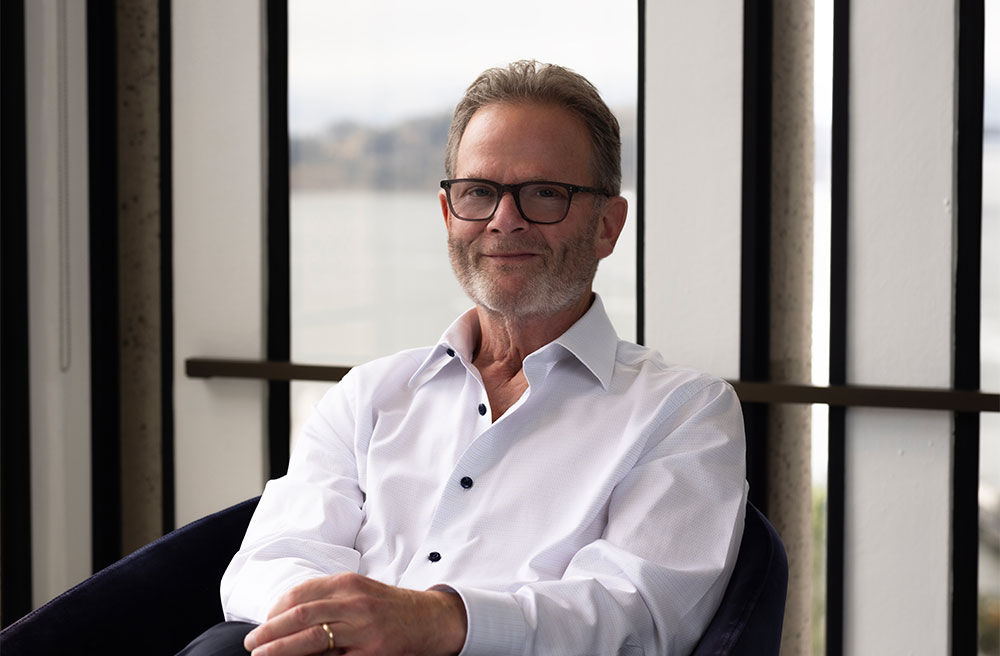Practicing Empathy and Purpose Through Mediation: A Spotlight Q&A with Hon. Gary Nadler (Ret.)
What influenced you to pursue a career in law?
When I was young, I read “To Kill a Mockingbird,” and Atticus Finch became my hero. He was an attorney who was honest and dedicated to the protection of the rights of those who needed protection. It didn’t matter that he lost his case; he did his best to do what was just. I became an attorney to fight for people and the principles of a just society.
What are some highlights of your legal career, and how have those experiences shaped you?
My first job was with a nationally known antitrust firm, and one of my first cases involved representation of a National Football League team that sued all other teams for antitrust violations. It was quite an introduction to the practice of law and was the subject of daily news coverage nationally. Although there are many other memorable cases over my 23 years as an attorney, I am particularly proud of a business fraud case that everyone told me I would lose over years of litigation. Fortunately, the jury rendered a substantial verdict in favor of my client, resulting in my client’s tears of joy at counsel table.

What professional accomplishments are you most proud of?
Regarding my time on the bench, it was my honor and privilege to be elected presiding judge of my court on two occasions. I am also grateful to have been appointed to the Judicial Council of California by the chief justice. Finally, I was honored as a recipient of the Careers of Distinction Award by the Sonoma County Bar Association, and I received recognition from the California Senate and Assembly, as well as from a homeless advocacy program, for my judicial efforts related to addressing homelessness. I taught law school for over 10 years; I was an instructor for the B.E. Witkin Judicial College of California for 18 years and taught numerous continuing education classes for judicial officers on civil discovery, motion practice and trial-related matters.
I am also proud of my publications, which include “Compelling Discovery Under the 1986 California Civil Discovery Act,” and “California Civil Discovery Handbook” (co-authored with Bettinelli and Piasta, published by West Publishing Corp.). I have also served as a consultant for various chapters in “California Civil Discovery Practice,” published by Continuing Education of the Bar.
Are there any organizations you are involved with? And how has your involvement within them impacted your career?
I am on the board of directors of my regional food bank and have volunteered at food distribution centers. This provides not only services to those in need, but also an opportunity for volunteers to grow. I am dedicated to ending food insecurity. At the same time, I have learned to appreciate what I have and that good people try their hardest to get by—a difficult task for many. These experiences assist my mediation abilities, for it is crucial to understand litigants and the often-unanticipated plight that they find themselves in.
How would you describe your mediation style?
I truly believe that a good mediator takes an empathetic approach to mediation. To achieve success, a mediator must allow all sides to express themselves and to be fully heard.
At the same time, opposing opinions must be reconciled. This requires a practical approach and searching for creative solutions. Typically, parties enter a mediation believing that their evaluation of their case is reasonable. In fact, usually all parties believe this. A successful mediation incorporates a critical approach and discussion regarding each side’s strengths, weaknesses and vulnerabilities. The mediator must help the parties to appreciate all issues in evaluating their case and to remember that settlement removes the mental strain that accompanies all litigation.
Which practice areas are you particularly interested in developing at JAMS?
A large portion of my work at JAMS has focused on employment law, a practice area that I find both meaningful and intellectually engaging. Over time, I have also developed a focused niche in the mediation of civil sexual abuse matters. While these areas have been a substantial part of my practice, I genuinely enjoy the mediation process and welcome the opportunity to work on cases across the spectrum. Given the broad practice areas I covered while serving as a judge, I have mediated a wide variety of cases, including medical malpractice, civil rights, public accommodation, personal injury, commercial, real property and family law.
I especially enjoy my expanding role as a discovery master, building on decades of experience with civil discovery as a litigator, judge, author and instructor. I’ve taught discovery to both new and experienced judges, as well as attorneys and law students, and understand the practical demands robust pretrial discovery places on all parties.
Disclaimer:
This page is for general information purposes. JAMS makes no representations or warranties regarding its accuracy or completeness. Interested persons should conduct their own research regarding information on this website before deciding to use JAMS, including investigation and research of JAMS neutrals. See More
